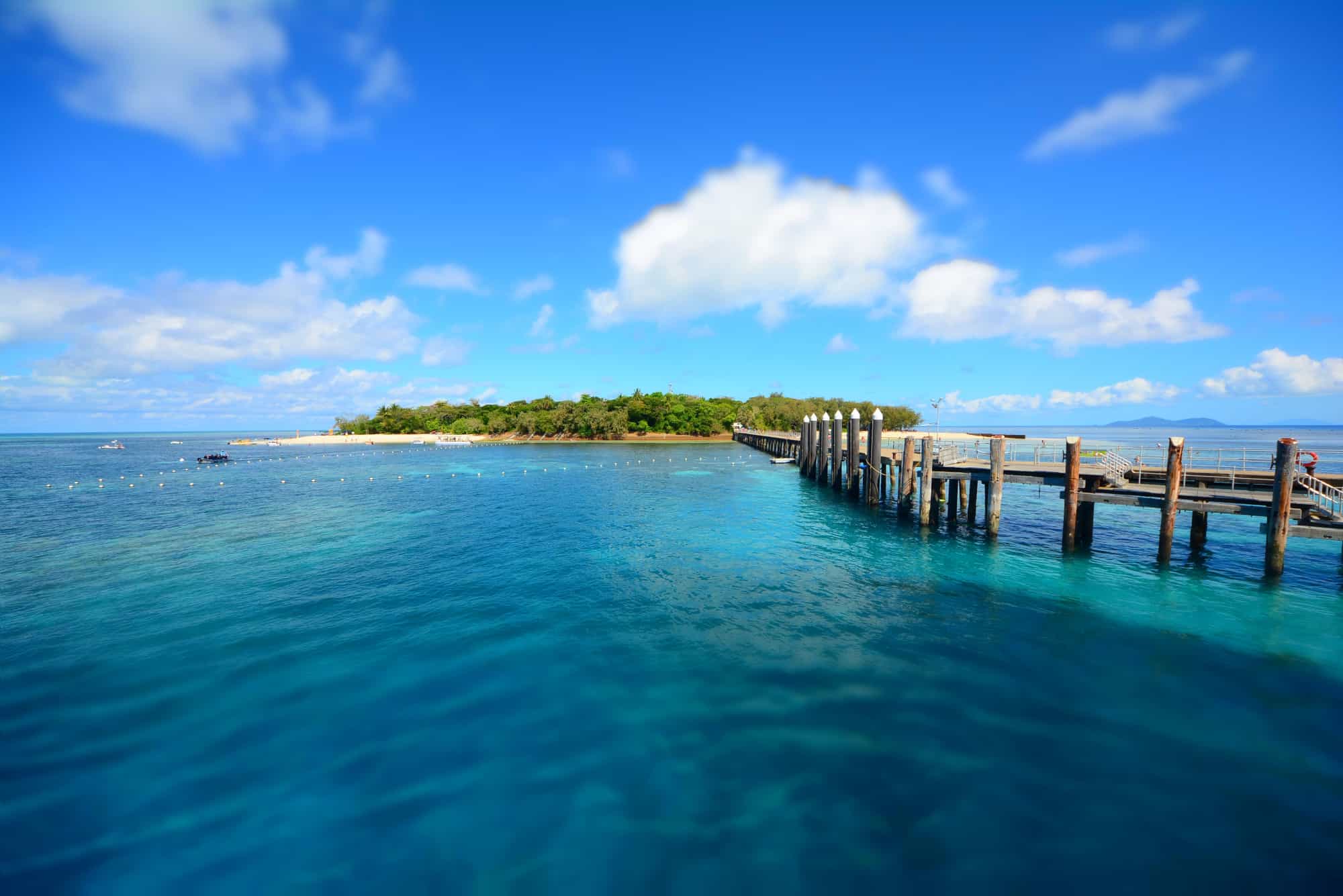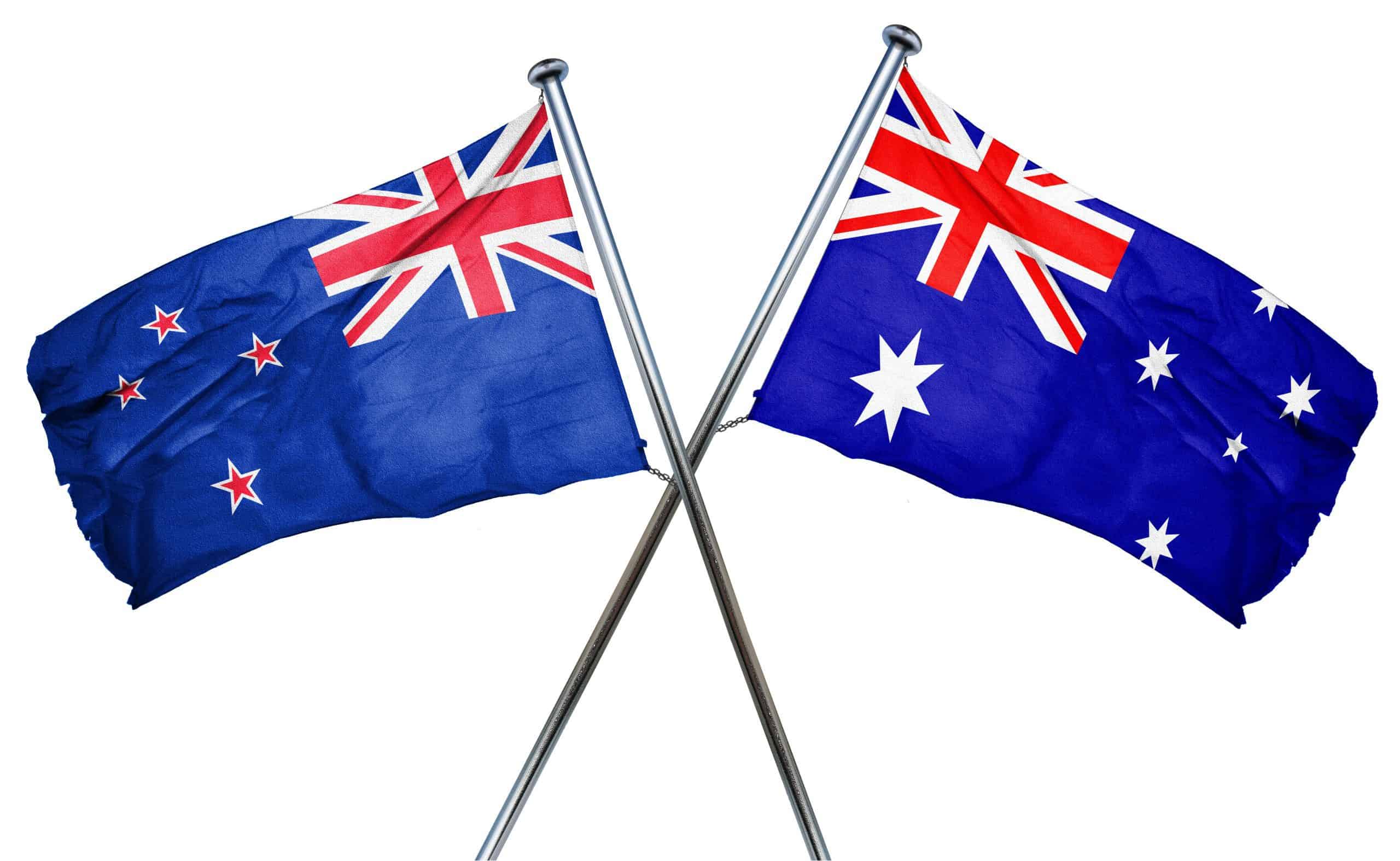

Image by AdobeStock
Prime Minister Scott Morrison’s announcement of a renewal of plans for a Travel Bubble between Australia and New Zealand, coupled with an uptick in the international arrival caps, provides much needed relief for business owners and tourism, the Australian Chamber of Commerce and Industry (ACCI) says.
John Hart, Chairman of the ACCI’s Tourism arm, has welcomed the decision announced by Morrison on Friday, saying the chamber had been working with the government “for months” to recommence safe flights.
The initial bubble plans, first discussed in June, were subsequently delayed by the second wave of infections in Victoria.
“The bubble would provide up to an additional $3.6-billion economic benefit to Australia at a time when dollars are greatly needed and would mean thousands of Australian and New Zealand families would be able to reunite,” Hart said.
“Not only will safe travel with New Zealand bring tourism businesses much needed customers, but it will free up capacity in quarantine to allow more Australians to return home, and for other priority arrival passengers such as sponsored skilled migrants and international students to come into this country.”
The lifting of the caps will also have direct benefit to hotels in those cities which are housing people in quarantine.
Sydney hotel occupancy is currently at 27% on average, while Adelaide and Brisbane are 38% and 42% respectively, compared to figures of around 80% last year.
“These pitiful rates are completely unsustainable, as is the fact that only 3,500 international visitors arrived in June compared to almost 800,000 in June last year,” Hart noted.
“Furthermore, the impact of an 82% drop in interstate travel on tourism has been devastating. In no way can intrastate tourism, which was also down 25% in June, make up the difference. This situation means that opening the state borders remains the highest priority for tourism.”
On Friday, Prime Minister Scott Morrison said National Cabinet had discussed the continued work towards creating a Travel Bubble with New Zealand.
He believed that if the two countries could get to a point where people from areas without outbreaks could travel without needing to quarantine in hotels, it would further free up spaces in the system.